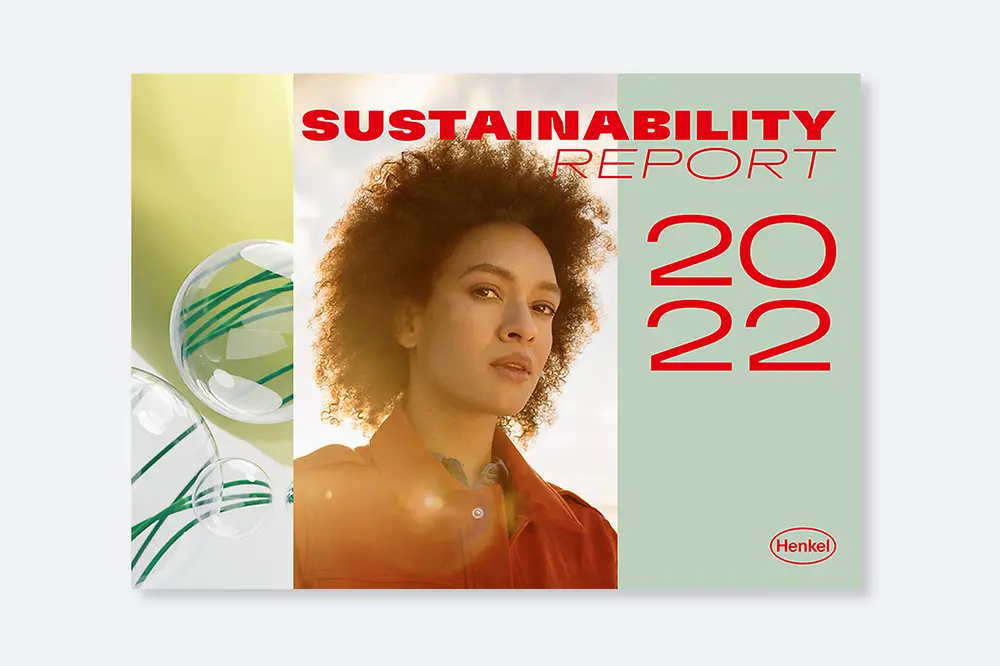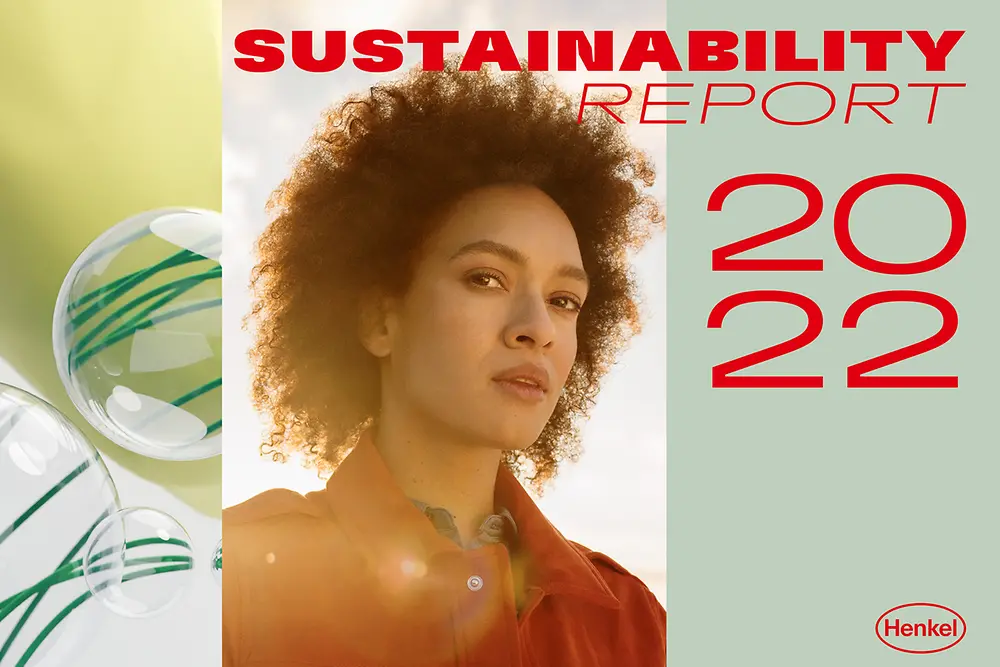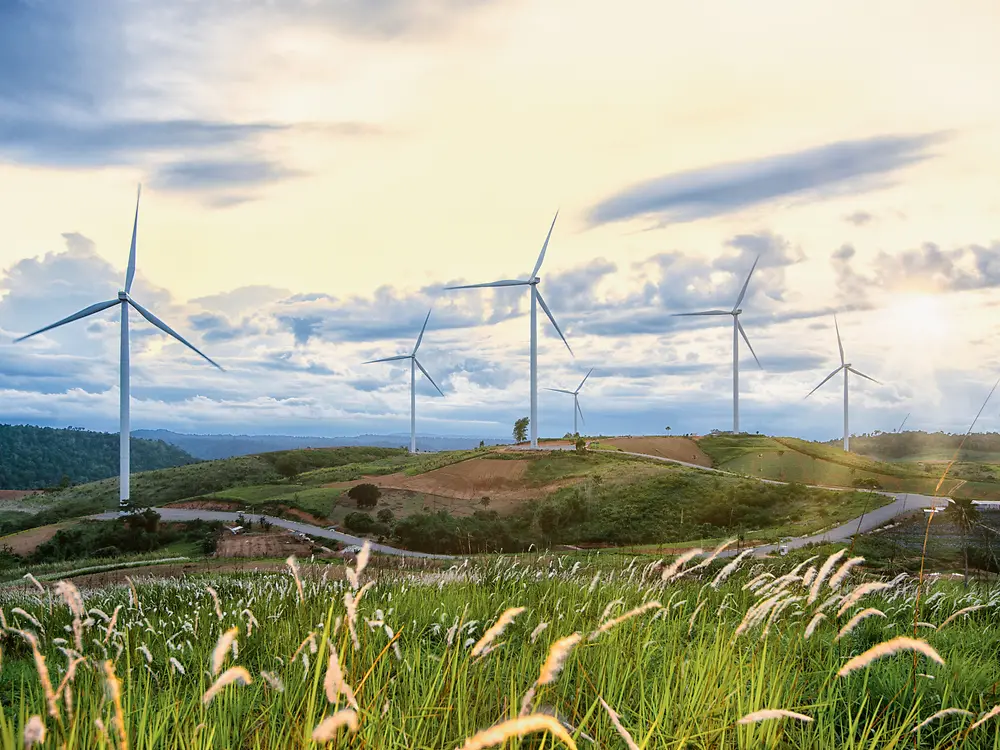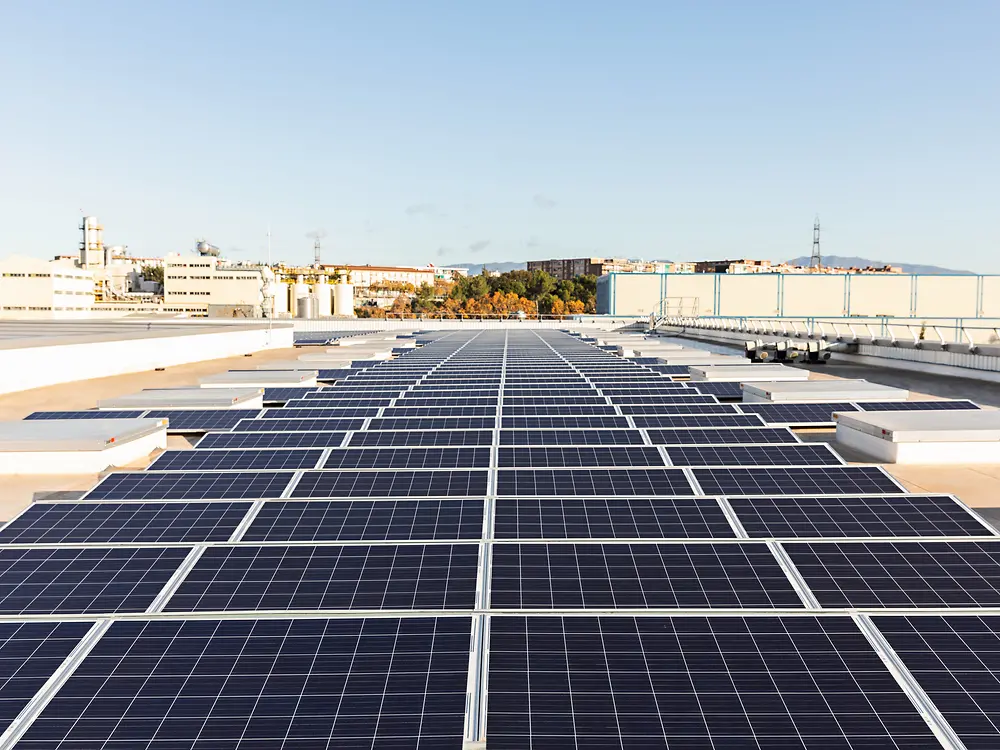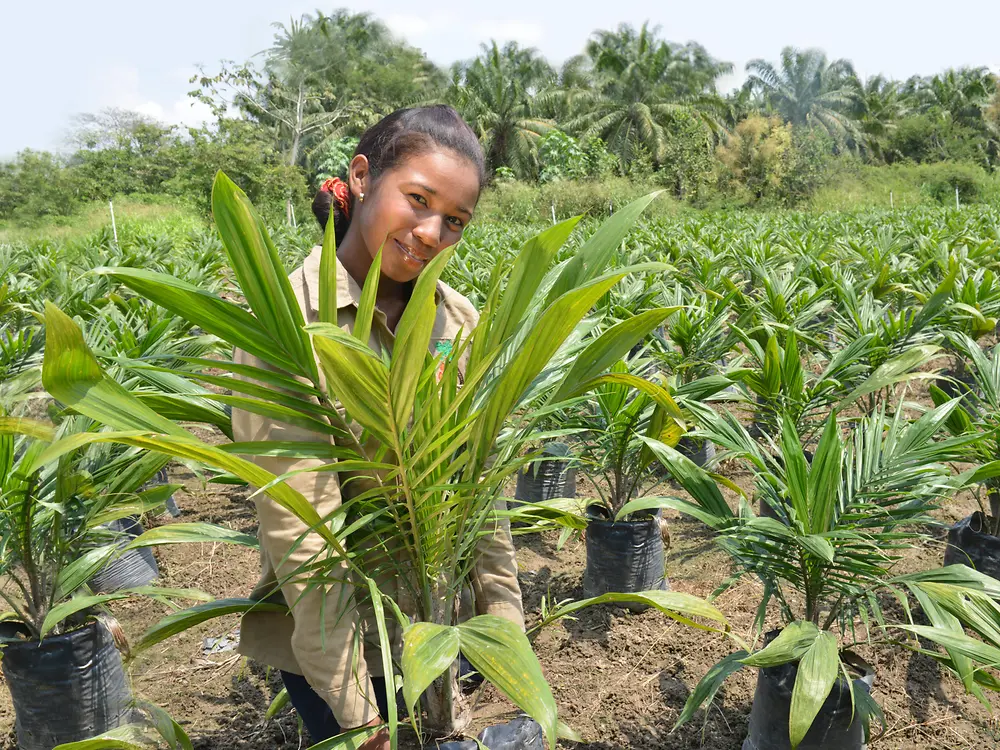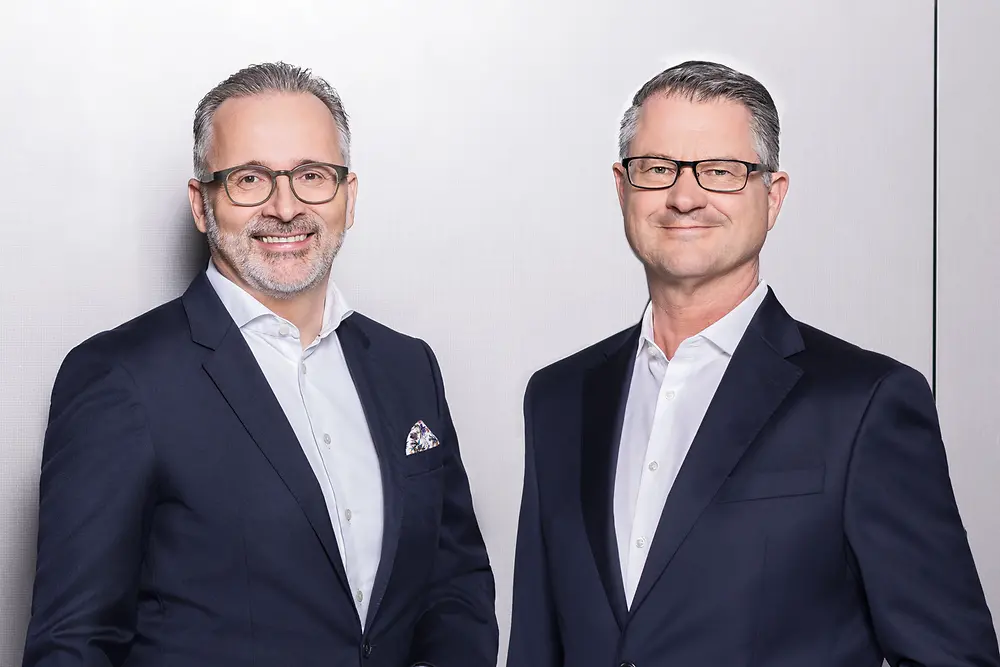Ontdek de merken en technologieën van onze business units Henkel Adhesive Technologies en Henkel Consumer Brands.
7 mrt. 2023 Düsseldorf / Germany
Henkel drives progress in sustainability with improvements in climate protection and social engagement
- Climate protection: Share of renewable electricity use at production sites worldwide climbs to 70 percent, reducing CO2-emissions by 55 percent (per ton of product)
- Circular economy: Further progress towards 100 percent recyclable and reusable packaging
- Social engagement: Solidarity program of 6 million euros for victims of Ukraine war
- Gender Parity Ambition: Further increasing share of women in management positions
- “Sustainability Pioneers”: Global employee engagement program successfully rolled out
Henkel published today its 32nd Sustainability Report, outlining its performance and progress on implementing its sustainability strategy and targets. In a highly challenging market environment, the company was able, among other things, to drive progress in sustainability in many key dimensions, in particular by further reducing its CO2-emissions and expanding its social engagement.
“I cannot recall a year in the recent past in which the overall business environment was so challenging for our company. The war in Ukraine has deeply shaken us and has far-reaching consequences. It has shaped the economic environment, particularly the energy crisis and higher raw material prices. But it is precisely in such difficult times that it is even more important to focus on sustainability and live up to our responsibilities towards the environment and society. Despite all the challenges, we were able to make further progress on the vast majority of our ambitious sustainability targets and I would like to thank our more than 50,000 Henkel colleagues around the world for their strong commitment and dedication,” said Carsten Knobel, CEO of Henkel.
“In 2022, we took a significant step toward our goal of achieving a climate-positive production by 2030 by further expanding our use of renewable energy,” added Sylvie Nicol, member of the Henkel Management Board, responsible for Human Resources and Sustainability. “We were also able to make further progress on gender parity. The percentage of women in management positions increased to 38.7 percent in 2022. We are fully committed to further accelerating and stepping up our efforts with concrete programs and actions to leverage the full potential of our diversity.”
Improvements in key sustainability areas
Last year, Henkel published its 2030+ Sustainability Ambition Framework, in which the company defined new and additional ambitions, taking global developments into account. In particular, Henkel made progress on climate protection in 2022, reducing its CO2-emissions in production by 55 percent per metric ton of product (compared to the base year 2010). Henkel has increased the proportion of electricity purchased from renewable sources to 70 percent. By 2030, Henkel aims to achieve a climate-positive carbon footprint for its worldwide production and source 100 percent of the electricity for production sites from renewable sources.
The 10-year contract concluded with IGNIS in December 2022 for the supply of renewable energy in the form of a virtual power purchase agreement (VPPA) is an example of cooperation with energy utilities. The contract goes hand-in-hand with the construction of two new photovoltaic plants in Spain. This will ensure the supply of renewable energy to Henkel's European sites in the amount of around 200 GWh per year.
In order to minimize waste and its negative impact on the environment, Henkel also works continuously to avoid and reduce the use of packaging materials, especially for its consumer goods, and to keep them in economic cycles for as long as possible. By 2025, 100 percent of packaging will be designed for recycling and reuse*. In 2022, the proportion increased to around 87 percent. Henkel also aims to increase the share of recycled plastic content in its consumer goods packaging. In 2022, this share was around 16 percent.
By 2025, Henkel also aims to reduce its waste volume by 50 percent per ton of product compared to 2010. In 2022, the company already recorded a reduction of 43 percent. By 2030, Henkel aims to achieve circular use of its production waste material.
Henkel also made progress in the protection of natural resources last year. As part of its supplier management, the company works with selected strategic suppliers to ensure the procurement of sustainable raw materials. In 2022, for example, Henkel was able to increase the traceability rate for palm-based raw materials back to the mill from 84 to 89 percent compared to the previous year.
Particularly against the backdrop of last year's geopolitical events, Henkel further expanded its social engagement. By 2030, the company aimed to improve the lives of 30 million people worldwide through social projects and donations. Henkel exceeded this goal last year. From 2010 to the end of 2022, Henkel was able to reach more than 30 million people. This was especially due to the contribution made to combating the global COVID 19 pandemic, as well as to the support for the victims of the war in Ukraine.
To promote equal opportunity, Henkel aims to continuously increase the ratio of women in management levels and is pursuing the ambition of achieving gender parity across all management levels by 2025. In 2022, the percentage of women in management positions was around 38.7 percent, representing a further increase over the previous year.
Driving the sustainable transformation of the product portfolio
Sustainability is a central pillar of the innovation strategies of both Henkel's consumer goods and industrial customer businesses. In the consumer goods business, one focus is on optimizing ingredients, among others. To this end, Henkel is working with various partners. Last year, for example, Henkel entered into a multi-year cooperation agreement with BASF. With the aid of the so-called biomass balance approach, fossil raw materials are to be replaced with renewable raw materials for up to 110,000 metric tons of ingredients per year.
In the Adhesive Technologies industrial business, the company's innovative solutions help to reduce emissions, increase energy and material efficiency, and recycle valuable resources. One example is recycling-optimized adhesives for the development of circular flexible packaging. Here, Henkel works together with packaging manufacturers and recycling specialists. The recyclability of the adhesives has also been certified by independent institutes.
Global employee engagement program rolled out
To further promote employee engagement on sustainability, Henkel expanded its existing training offering to a holistic engagement program, which rolled out in March 2022. The aim of the global “Sustainability at Heart” program is to inform and train employees even more comprehensively on sustainability. For example, the “Sustainability Pioneer” training, developed in collaboration with the IESE Business School, is now available in multiple languages. In 2022 alone, more than 5,800 employees took part. The aim is also to motivate and support employees in actively promoting sustainability in their working environment and private lives.
* Excluding products where ingredients or residue may affect recyclability or pollute recycling streams.


